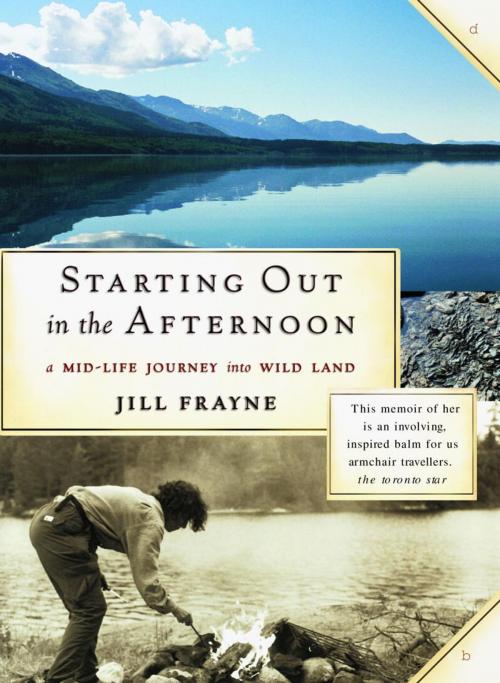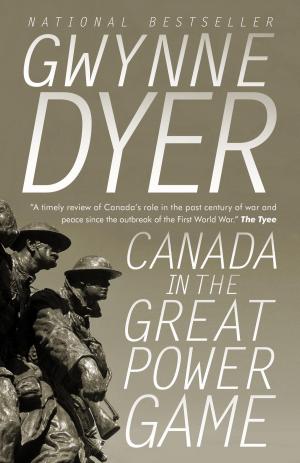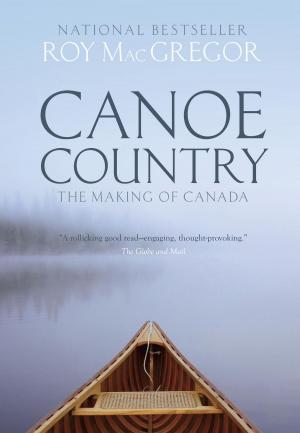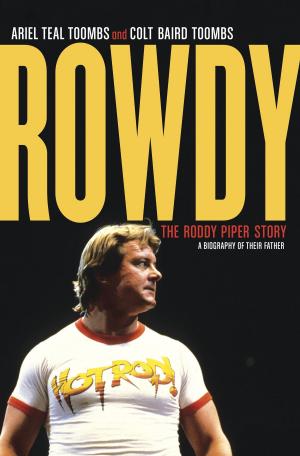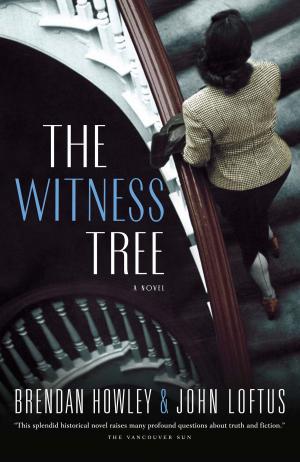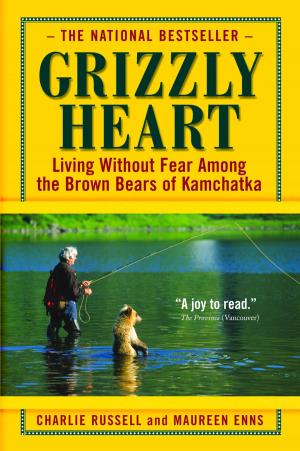| Author: | Jill Frayne | ISBN: | 9780307369123 |
| Publisher: | Random House of Canada | Publication: | July 7, 2010 |
| Imprint: | Vintage Canada | Language: | English |
| Author: | Jill Frayne |
| ISBN: | 9780307369123 |
| Publisher: | Random House of Canada |
| Publication: | July 7, 2010 |
| Imprint: | Vintage Canada |
| Language: | English |
Jill Frayne’s long-term relationship was ending and her daughter was about to graduate and leave home. She decided to pack up her life and head for the Yukon.
Driving alone across the country from her home just north of Toronto, describing the land as it changes from Precambrian Shield to open prairie, Jill finds that solitude in the wilds is not what she expected. She is actively engaged by nature, her moods reflected in the changing landscape and weather. Camping in her tent as she travels, she begins to let go of the world she’s leaving and to enter the realm of the solitary traveller.
There are many challenges in store. She has booked a place on a two-week sea-kayaking trip in the Queen Charlotte Islands of British Columbia; though she owns a canoe, she has never been in a kayak. As the departure nears, she dreads it. Nor does it work any miracle charm on her, as she is isolated from her fellow travellers; yet the landscape and wild beauty of the old hunt camps gradually affects her. Halfway, as she begins to have energy left at the end of the day’s exertions, she notes: “This is as relaxed as I have ever been, as free from anxious future-thinking as I have ever managed.”
From there she heads north, taking ferries up the Inside Passage and using her bicycle and tent to explore the wet, mountainous places along the way. Again, she feels self-conscious when alone in public, but once she strikes out into nature, the wilderness begins to work its magic on her, and she begins to feel a bond with the land and a kind of serenity. Moreover, she comes to realize that this self-reliance is an important step.
Many travel narratives involve some kind of inner journey, a seeking of knowledge and of self. Set in the same part of the world, Jonathan Raban’s A Passage to Juneau ended up being “an exploration into the wilderness of the human heart.” Kevin Patterson used his months sailing from Vancouver to Tahiti to consider his life in The Water in Between, while the Bhutanese landscape worked a profound transformation on Jamie Zeppa in Beyond the Sky and the Earth. In This Cold Heaven, Gretel Ehrlich chose not to put herself into the story, but described the landscape with a similar hunger and intensity, while Sharon Butala has written deeply and personally about her physical and spiritual connection with the prairies in The Perfection of the Morning and other work.
In Starting Out in the Afternoon, Frayne struggles to come to terms with her vulnerabilities and begins to find peace. In beautifully spare but potent language, she delivers an inspiring, contemplative memoir of the middle passage of a woman’s life and an eloquent meditation on the solace of living close to the wild land. Eventually what has begun as a three-month trip becomes a personal journey of several years, during which she is on the move and testing herself in the wilderness. She conquers her fears and begins a new relationship with nature, exuberant at becoming a competent outdoorswoman. “Despite a late start I expect to spend the rest of my life dashing off the highway, pursuing this know-how, plumbing the outdoors side of life.”
Jill Frayne’s long-term relationship was ending and her daughter was about to graduate and leave home. She decided to pack up her life and head for the Yukon.
Driving alone across the country from her home just north of Toronto, describing the land as it changes from Precambrian Shield to open prairie, Jill finds that solitude in the wilds is not what she expected. She is actively engaged by nature, her moods reflected in the changing landscape and weather. Camping in her tent as she travels, she begins to let go of the world she’s leaving and to enter the realm of the solitary traveller.
There are many challenges in store. She has booked a place on a two-week sea-kayaking trip in the Queen Charlotte Islands of British Columbia; though she owns a canoe, she has never been in a kayak. As the departure nears, she dreads it. Nor does it work any miracle charm on her, as she is isolated from her fellow travellers; yet the landscape and wild beauty of the old hunt camps gradually affects her. Halfway, as she begins to have energy left at the end of the day’s exertions, she notes: “This is as relaxed as I have ever been, as free from anxious future-thinking as I have ever managed.”
From there she heads north, taking ferries up the Inside Passage and using her bicycle and tent to explore the wet, mountainous places along the way. Again, she feels self-conscious when alone in public, but once she strikes out into nature, the wilderness begins to work its magic on her, and she begins to feel a bond with the land and a kind of serenity. Moreover, she comes to realize that this self-reliance is an important step.
Many travel narratives involve some kind of inner journey, a seeking of knowledge and of self. Set in the same part of the world, Jonathan Raban’s A Passage to Juneau ended up being “an exploration into the wilderness of the human heart.” Kevin Patterson used his months sailing from Vancouver to Tahiti to consider his life in The Water in Between, while the Bhutanese landscape worked a profound transformation on Jamie Zeppa in Beyond the Sky and the Earth. In This Cold Heaven, Gretel Ehrlich chose not to put herself into the story, but described the landscape with a similar hunger and intensity, while Sharon Butala has written deeply and personally about her physical and spiritual connection with the prairies in The Perfection of the Morning and other work.
In Starting Out in the Afternoon, Frayne struggles to come to terms with her vulnerabilities and begins to find peace. In beautifully spare but potent language, she delivers an inspiring, contemplative memoir of the middle passage of a woman’s life and an eloquent meditation on the solace of living close to the wild land. Eventually what has begun as a three-month trip becomes a personal journey of several years, during which she is on the move and testing herself in the wilderness. She conquers her fears and begins a new relationship with nature, exuberant at becoming a competent outdoorswoman. “Despite a late start I expect to spend the rest of my life dashing off the highway, pursuing this know-how, plumbing the outdoors side of life.”
